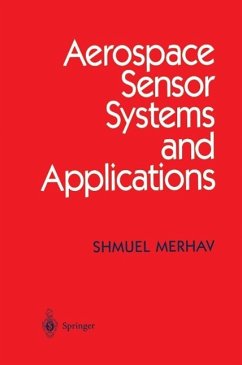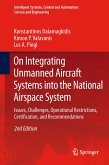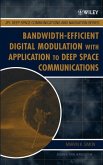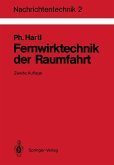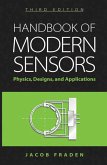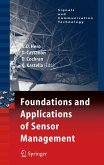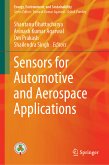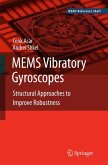This book is about aerospace sensors, their principles of operation, and their typical advantages, shortcomings, and vulnerabilities. They are described in the framework of the subsystems where they function and in accordance with the flight mission they are designed to serve. The book is intended for students at the advanced undergraduate or graduate level and for research engineers who need to acquire this kind of knowledge. An effort has been made to explain, within a uniform framework of mathematical modeling, the physics upon which a certain sensor concept is based, its construction, its dynamics, and its error sources and their corresponding mathematical models. Equipped with such knowledge and understanding, the student or research engineer should be able to get involved in research and development activities of guidance, control, and navigation systems and to contribute to the initiation of novel ideas in the aerospace sensor field. As a designer and systems engineer, he should be able to correctly interpret the various items in a technical data list and thus to interact intelligently with manufacturers' representatives and other members of an R&D team. Much of the text has evolved from undergraduate and graduate courses given by the author during the past seventeen years at the Department of Aerospace Engineering at the Technion- Israel Institute of Technology and from his earlier research and development experience in flight control, guidance, navigation, and avionics at the Ministry of Defense Central Research Institute.
Dieser Download kann aus rechtlichen Gründen nur mit Rechnungsadresse in A, B, BG, CY, CZ, D, DK, EW, E, FIN, F, GR, HR, H, IRL, I, LT, L, LR, M, NL, PL, P, R, S, SLO, SK ausgeliefert werden.

